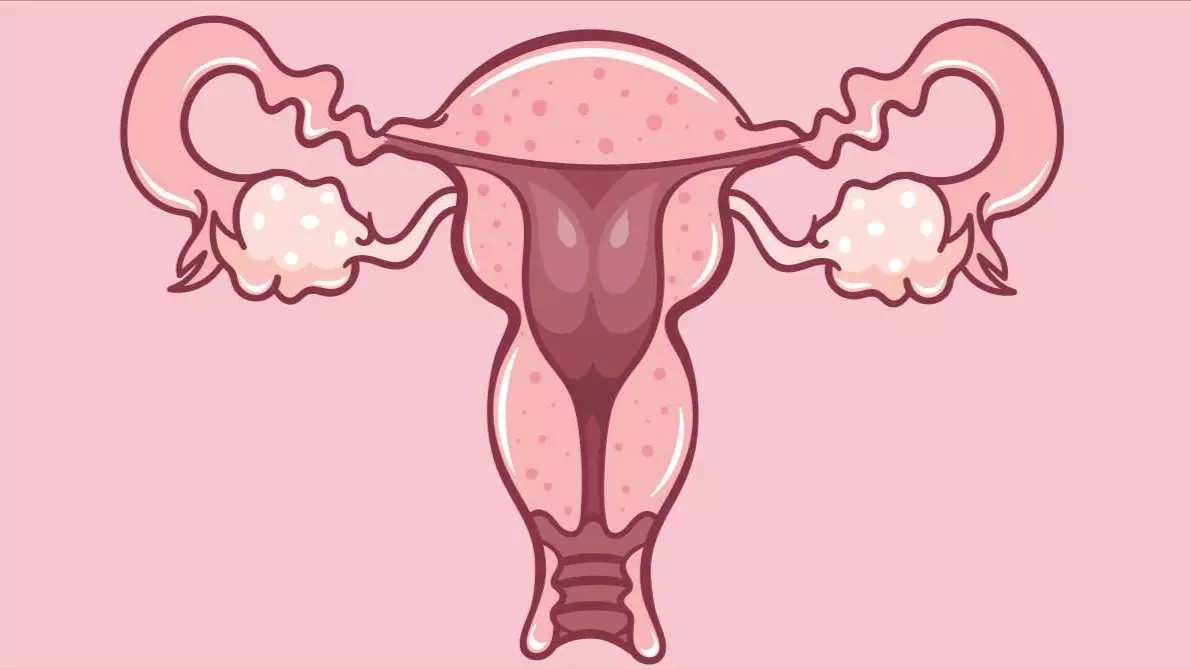
It will be compulsory to teach pupils about period health at schools in England by 2020.
All students will learn about menstruation as part of sex education, which has been compulsory in schools in England since 2017.
After a public consultation about what sex education should involve, the government has revealed pupils will also learn about relationships in primary school and sex in secondary school.

The curriculum will be LGBT inclusive and will also cover some difficult topics such as female genital mutilation (FGM), consent, domestic violence and staying safe online.
Advert
Alice Smith, a 23-year-year-old woman menstrual health campaigner with endometriosis has called the change "massive."
Speaking to the BBC, Alice said the new guidelines mean girls will know "from a much younger age what is normal" when it comes to their periods.
Endometriosis is a condition that causes tissue usually found in the lining of the womb to grow elsewhere in a woman's body. One-in-ten women in the UK are affected by the condition which can cause chronic pain, fatigue, issues with the bowel and bladder and can ultimately lead to infertility.
Advert
Alice began having symptoms when she was 12, and was diagnosed with the condition two years later.
"For any other illness that would be a long time but unfortunately that's a really quick diagnosis for endometriosis," she said. "I went home and googled it and my world fell apart really.
"Reading that it was life-long and there's no cure, and we don't know what causes it. I was reading blogs by women who'd lost their jobs and their marriages had broken down because of it and they didn't have kids and they were suicidal. It felt like a death sentence."
Alice says teaching girls and boys about periods from a young age should be step towards making sure girls who are diagnosed with the condition don't have to feel that way.
Advert
"It really isn't the end of the world, it can get better and you should never ever give up with different doctors or trying different things."
Featured Image Credit: PRETTY52/Shannon BulmerTopics: Life News, News, Periods, Sex Education, Real, Health